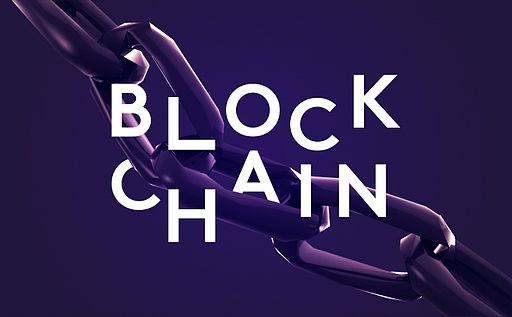By Suzanne Riopel
“Blockchain” is a distributed ledger system.[1] Individual transactions are the “blocks,” and as a block of transactions is verified, the block is distributed to all participants (“nodes”) in the network.[2] Each block is irrevocably linked to the previous block, thus creating a chain.[3] In other words, blockchain technology creates a single, immutable record of transactions that all parties can view and trust as valid.[4] Although blockchain was originally designed for Bitcoin to allow for peer-to-peer transactions and to remove the need for a financial intermediary, other uses for blockchain technology are being explored.[5]
In 2016, then-Governor Jack Markell launched the “Delaware Blockchain Initiative” to encourage the adoption of blockchain technology in public and private sectors.[6] As part of that initiative, the Delaware State Bar Association has recently released proposed amendments to the Delaware General Corporation Law (“DGCL”) that would provide statutory authority for the use of blockchain technology in corporate records.[7]
Currently, Section 219 requires a corporation to prepare a list of its stockholders entitled to vote, either in-person or by proxy, at least ten days prior to a shareholders’ meeting.[8] The stock ledger, which is a record of a corporation’s stock transactions, is the only approved source to create that list.[9] The proposed amendment would add a definition of “stock ledger” as “one or more records administered by or on behalf of the corporation in which the names of all the corporation’s stockholders of record, the address and number of shares registered in the name of each such stockholder, and all issuances and transfers of stock of the corporation are recorded in accordance with [Section 224].”[10] Section 224 provides that corporate records may be kept on or in the form of any information storage device or method.[11] The proposed amendment would add “one or more distributed electronic networks or databases” to accommodate blockchain technology.[12]
If enacted, the amendments relating to blockchain technology will be effective on August 1, 2017.[13] Although the changes seem relatively small, most businesses choose to incorporate in Delaware, and those businesses can reap benefits if this legislation is enacted. The benefits would include reduced transaction costs, greater efficiency, visibility and predictability, and unalterable transactions (in the sense that it is tamperproof because a change would require consent by each node in the network).[14] Specifically, the proposed amendments would permit the corporation to move from a direct gatekeeper function, requiring it to review and approve every transfer of record ownership, to an overseer role where the corporation just establishes rules for when the corporation’s securities are included on the distributed ledger.[15] This change allows for real-time observation of when shares are transferred from one owner to another.[16]
[1] Jeffrey D. Neuburger, The Cross-Industry Promise of Blockchain, Nat’l L. Rev. (Mar. 15, 2017), https://www.natlawreview.com/article/cross-industry-promise-blockchain.
[2] Id.
[3] Id.
[4] Andrea Tinianow & Caitlin Long, Delaware Blockchain Initiative: Transforming the Foundational Infrastructure of Corporate Finance, Harv. L. Sch. F. on Corp. Governance and Fin. Reg. (Mar. 16, 2017), https://corpgov.law.harvard.edu/2017/03/16/delaware-blockchain-initiative-transforming-the-foundational-infrastructure-of-corporate-finance.
[5] See Neuburger, supra note 1.
[6] Matthew J. O’Toole and Michael K. Reilly, The First Block in the Chain: Proposed Amendments to the DGCL Pave the Way for Distributed Ledgers and Beyond, Harv. L. Sch. F. on Corp. Governance and Fin. Reg. (Mar. 16, 2017), https://corpgov.law.harvard.edu/2017/03/16/the-first-block-in-the-chain-proposed-amendments-to-the-dgcl-pave-the-way-for-distributed-ledgers-and-beyond/#1.
[7] 2017 Proposed Amendments to the General Corporation Law of the State of Delaware, Richards, Layton & Finger, PA (Mar. 14, 2017), https://www.rlf.com/Publications/6831 [hereinafter Proposed Amendments].
[8] See Del. Code Ann. tit. 8, § 219(a) (West 2009).
[9] See id. § 219(c).
[10] Proposed Amendments, supra note 8.
[11] See Del. Code Ann. tit. 8, § 224 (West 2009).
[12] Proposed Amendments, supra note 8.
[13] Proposed Amendments, supra note 8.
[14] See Neuburger, supra note 1.
[15] O’Toole and Reilly, supra note 6.
[16] David Yermack, Corporate Governance and Blockchains, Harv. L. Sch. F. on Corp. Governance and Fin. Reg. (Jan. 6, 2016), https://corpgov.law.harvard.edu/2016/01/06/corporate-governance-and-blockchains.


